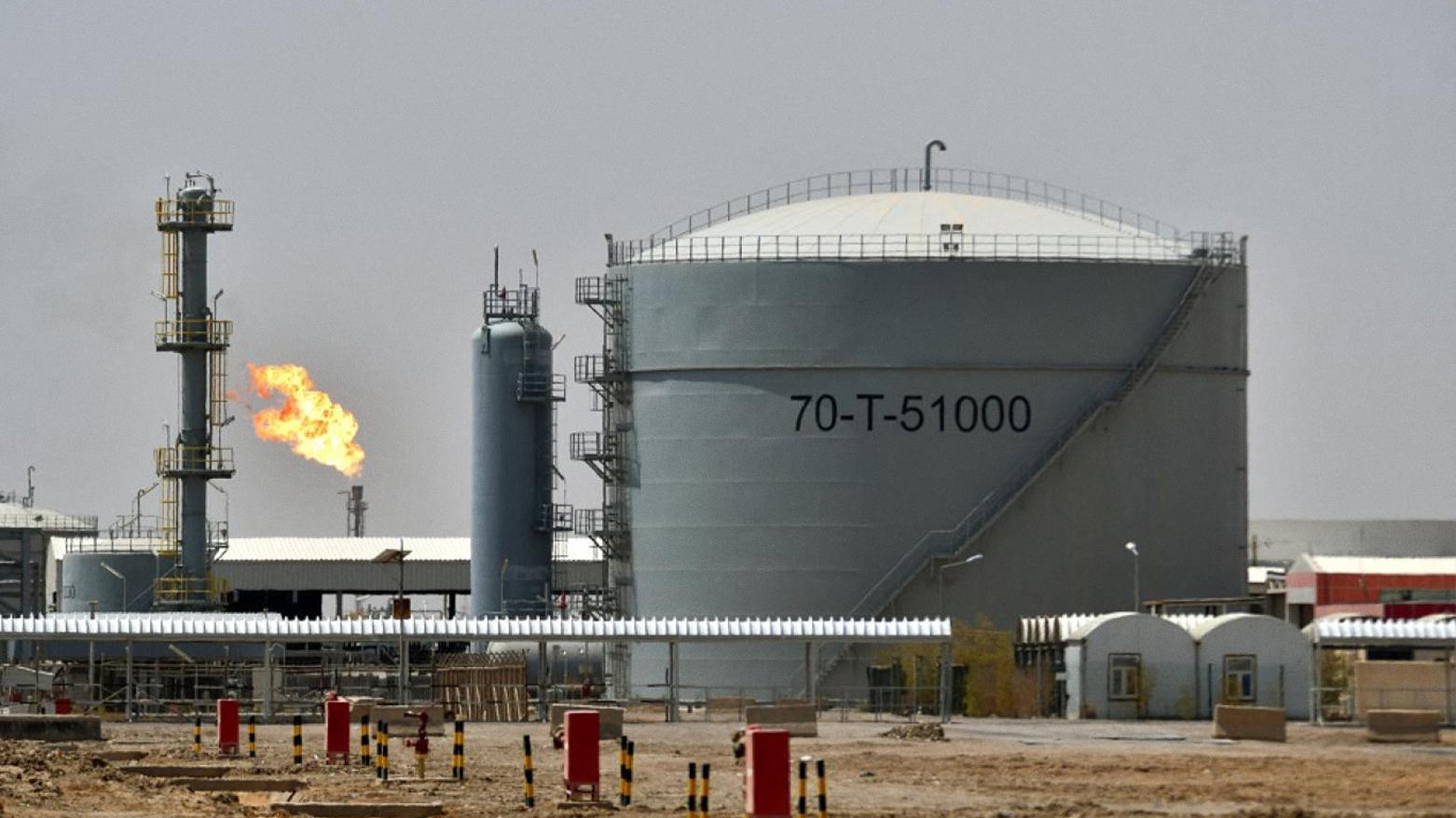Türkiye to End 1973 Iraq Oil Pact
Türkiye will terminate its 1973 oil pipeline agreement with Iraq, effective July 2026. The presidential decree ends a 50-year-old framework, clearing the path for a new era in regional energy cooperation.

By Kamaran Aziz
ERBIL (Kurdistan 24) – In a landmark decision that signals a new chapter in regional energy policy, Turkish President Recep Tayyip Erdoğan has issued a presidential decree to terminate the historic 1973 crude oil pipeline agreement with Iraq, along with a series of related protocols and amendments that have governed the critical energy corridor for over half a century.
The forward-looking move, which provides a clear one-year transition period, effectively closes the book on a 50-year-old legal framework and opens the door for Türkiye and Iraq to establish a modernized foundation for their vital energy partnership.
The decision was formalized in Presidential Decree Number 10113, signed by President Erdoğan on July 20, 2025, and published in Türkiye’s Official Gazette on Monday, July 21. The decree explicitly states that the termination of the long-standing agreements will take effect as of July 27, 2026. The legal basis for the action, as cited in the official text, is "in accordance with Article 3 of the Presidential Decree No. 9."
The presidential decision methodically details the full scope of the termination, encompassing the entire legal architecture that has supported the Iraq-Türkiye Pipeline (ITP) for decades. The decree specifically nullifies the original Türkiye-Iraq Crude Oil Pipeline Agreement dated August 27, 1973, which served as the cornerstone of the bilateral energy relationship. Also set to be terminated are the subsequent accords that built upon this foundation, including the Crude Oil Pipeline Protocol of 1976, a Memorandum of Understanding from 1981, the Supplementary Agreement of 1986, and a comprehensive Amendment Agreement from 2011, which modified the original pact and all its related protocols and annexes.
By setting a clear end date for this entire suite of historical documents, the Turkish government has created an opportunity for all stakeholders to negotiate a new, comprehensive agreement that reflects the contemporary geopolitical and economic realities of the 21st century.
The decision to provide a year-long notice period before the termination becomes effective suggests a deliberate and managed transition, allowing ample time for dialogue and the drafting of a new framework to ensure the continued, stable flow of energy and to redefine the terms of cooperation for the years ahead. This move represents a significant step toward modernizing one of the Middle East’s most important energy arteries.
